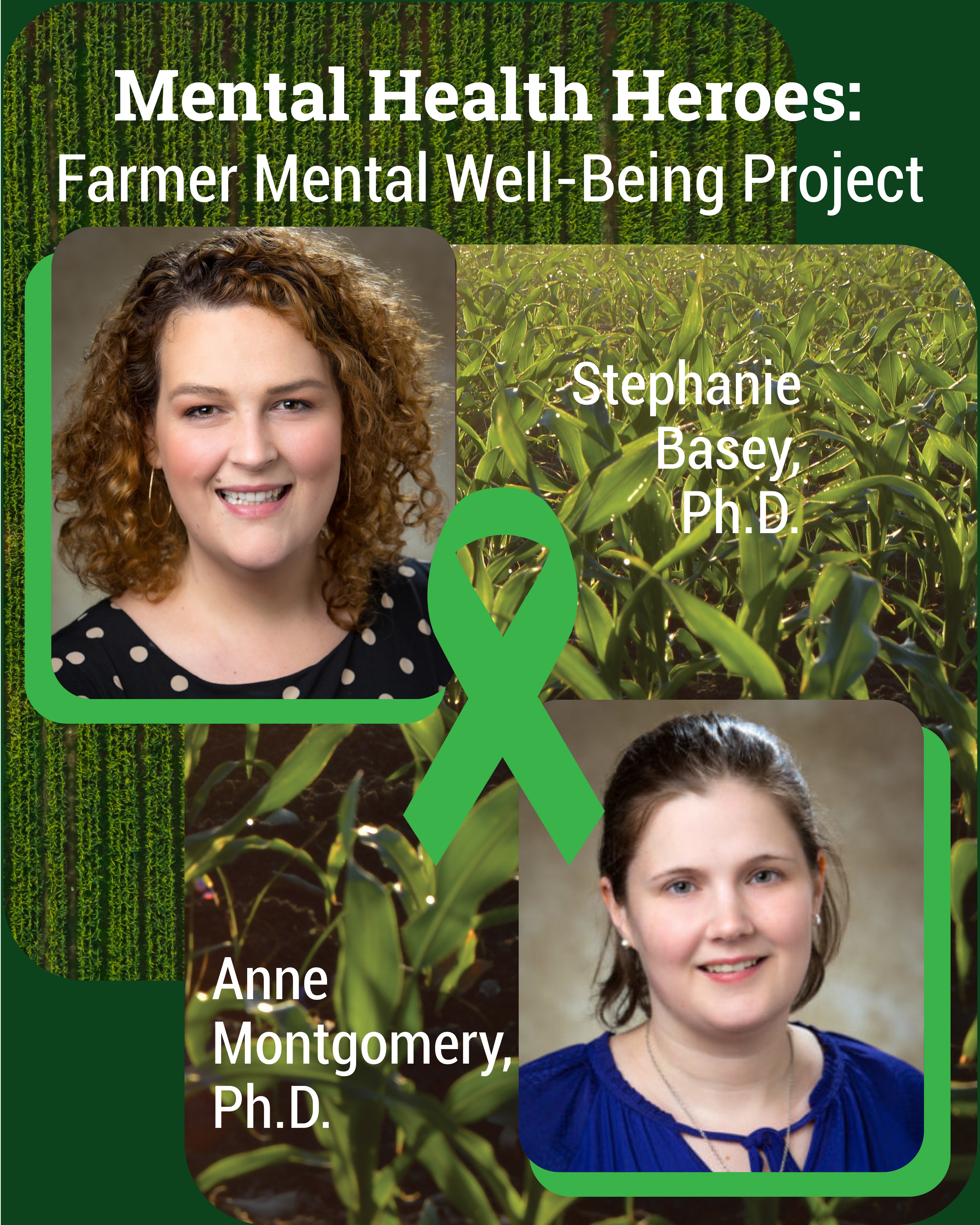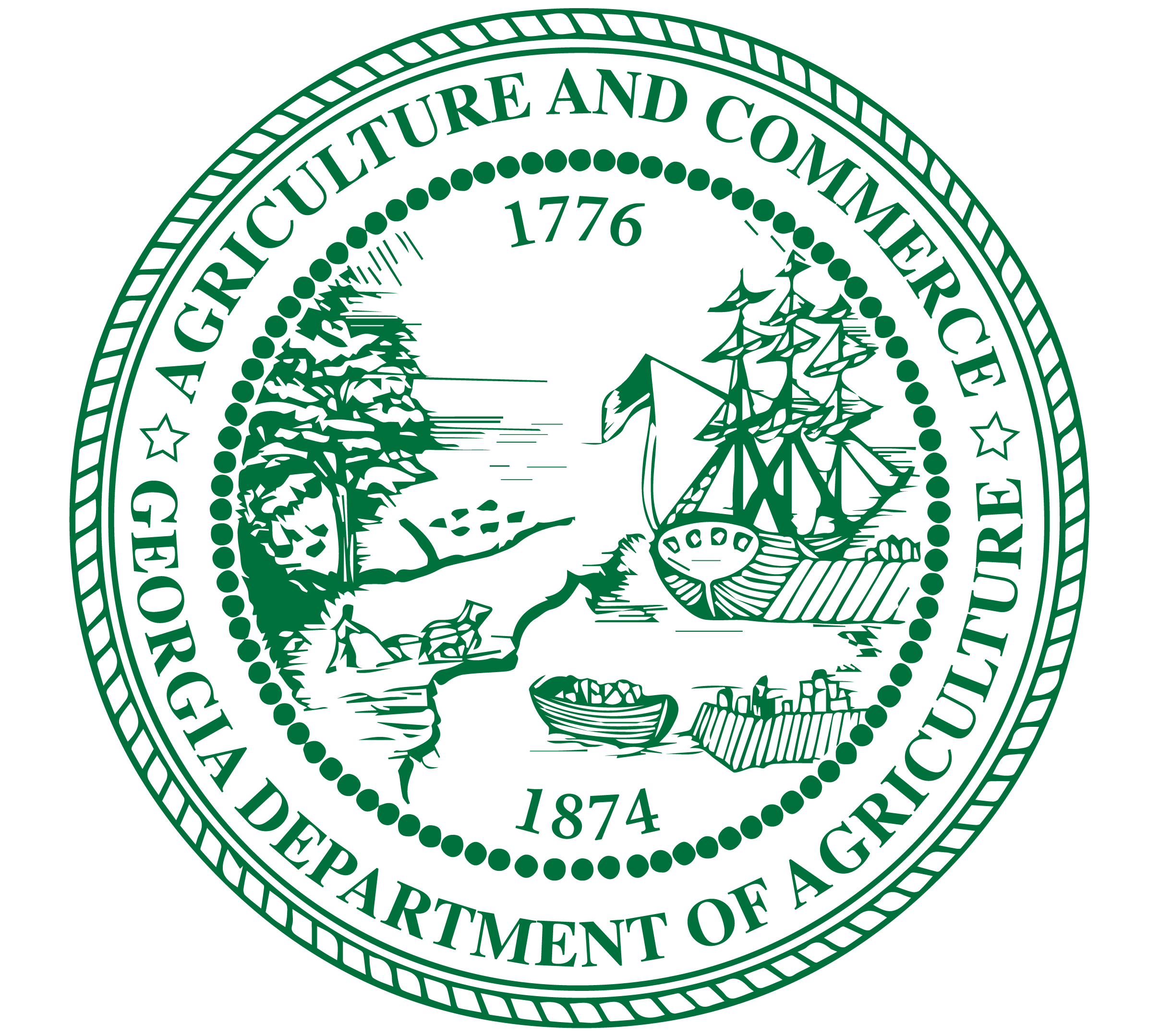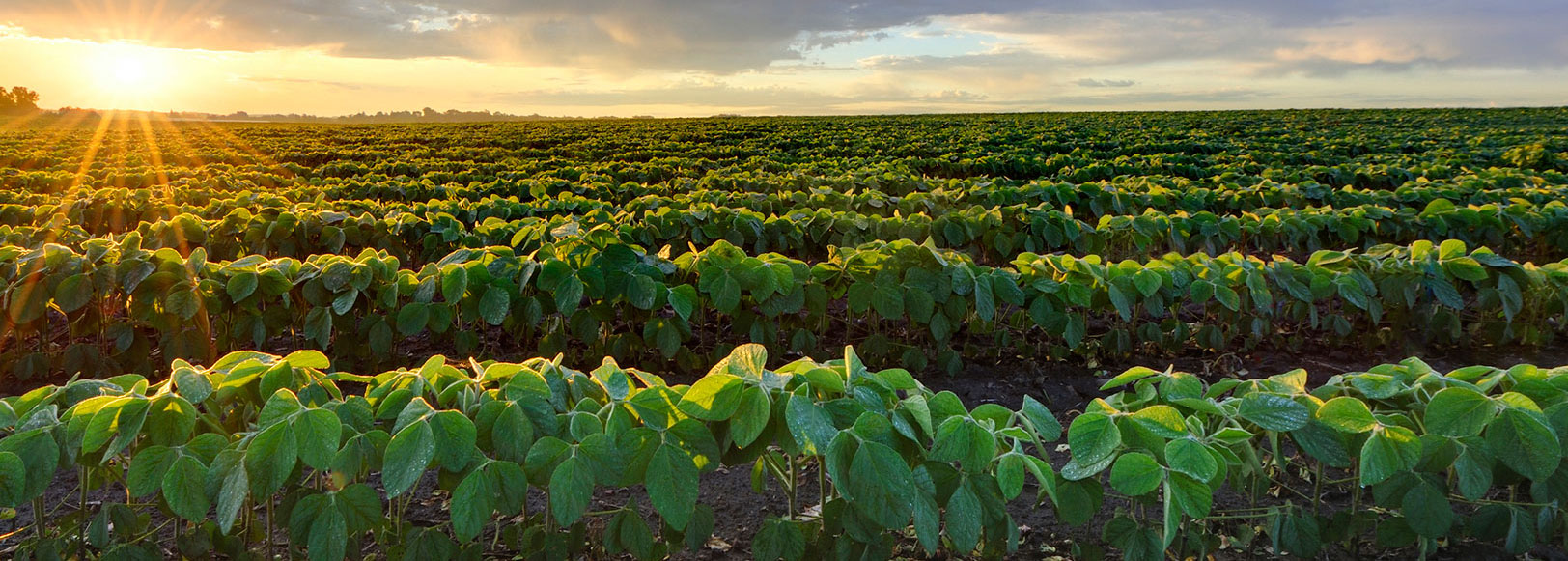Meet Mental Health Heroes Dr. Stephanie Basey and Dr. Anne Montgomery
Each week of Mental Health Awareness Month, we will be spotlighting an agricultural hero who’s making a difference in the field of mental health.

This week, we’re highlighting Dr. Stephanie Basey and Dr. Anne Montgomery, the research team behind the groundbreaking Farmer Mental Well-Being Project, a collaboration between the Georgia Farm Bureau, Georgia Foundation for Agriculture, Georgia Rural Health Innovation Center (GRHIC), and Mercer University School of Medicine.
The project was created in response to a growing concern: while there was increasing awareness of mental health struggles in agriculture, there was little actual data on what Georgia’s farmers were experiencing. Rather than wait, the team built a study from the ground up—conducting statewide surveys, interviews, and focus groups to understand the pressures Georgia farmers face and identify strategies that truly meet their needs. Their mission: not just to document the problem, but to give communities and ag leaders the tools to act.
Dr. Stephanie Basey
Director, The Hive Research Collective
Ph.D., Rural Health Sciences – Mercer University School of Medicine
Stephanie Basey is a rural health researcher known for turning complex data into actionable solutions. Her work focuses on stress, resilience, and access to care in agricultural communities. Whether leading statewide mental health studies or helping local leaders make data-driven decisions, Stephanie is driven by a commitment to build systems that work for real people.

1. What drew you to focus on the mental health of Georgia's agricultural community?
We didn’t come from agricultural backgrounds, but as rural health researchers in Georgia, it was impossible to ignore how central farming is to the state. When we started looking into farmers’ mental health, we were struck by how little information was available. We needed that baseline understanding before knowing what’s working and what’s not.
2. Why is it important to focus on farmers?
Because they are essential and often overlooked. Farming is physically demanding, financially unpredictable, and emotionally heavy. If we want to improve health in Georgia, we can’t leave them out of the conversation.
3. How can we help people in our community that may be struggling with their mental health?
Start small. You don’t have to be a therapist to check in on someone. Ask twice. Listen without trying to fix it. And make support visible in the places where farmers already are.
4. If you could only choose one mental health tip or piece of advice to share, what would it be?
You don’t have to wait until you’re in crisis to get support. Feeling “off” is reason enough.
5. What is your favorite way to maintain your mental health?
Spending time with friends and family. And staying in regular touch with my healthcare provider when things feel overwhelming.
Dr. Anne Montgomery
Associate Professor, Mercer University School of Medicine
Biostatistician, Georgia Rural Health Innovation Center
Ph.D., Social Sciences – KU Leuven (Belgium)
Anne Montgomery brings a data-driven, no-nonsense approach to solving rural health challenges. As a teacher and biostatistician, she works to ensure research aligns with the realities of life in Georgia’s rural and agricultural communities. She currently leads the SSARE-funded Empowering Resilience Project, which focuses on stigma reduction and suicide prevention in farm families.

1. What drew you to focus on the mental health of Georgia's agricultural community?
Agriculture is central to rural Georgia, but there’s not even a clear baseline for mental health in that space. We needed data—not just good intentions—to make a real impact.
2. Why is it important to focus on farmers?
Because the stress they carry is enormous and often invisible. From unpredictable markets to climate disasters, farmers face constant pressure. We owe them more than gratitude—we owe them real support.
3. How can we help people in our community that may be struggling with their mental health?
We must treat mental health like physical health—with equal care and attention. But support needs to be flexible, accessible, and tailored to the unique rhythms of farm life.
4. If you could only choose one mental health tip or piece of advice to share, what would it be?
Talk to someone. And be clear about what you need—whether it's advice, a solution, or just someone to listen to.
5. What is your favorite way to maintain your mental health?
Living with Cushing’s syndrome taught me a lot about stress. Cognitive Behavioral Therapy helped me manage panic attacks and develop tools—like my “mental exit strategy”—to reroute negative thinking. Now, I use those tools to stay grounded, even when challenges arise.
Thank you, Dr. Basey and Dr. Montgomery, for leading this essential work and ensuring that Georgia’s farmers are seen, heard and empowered.


